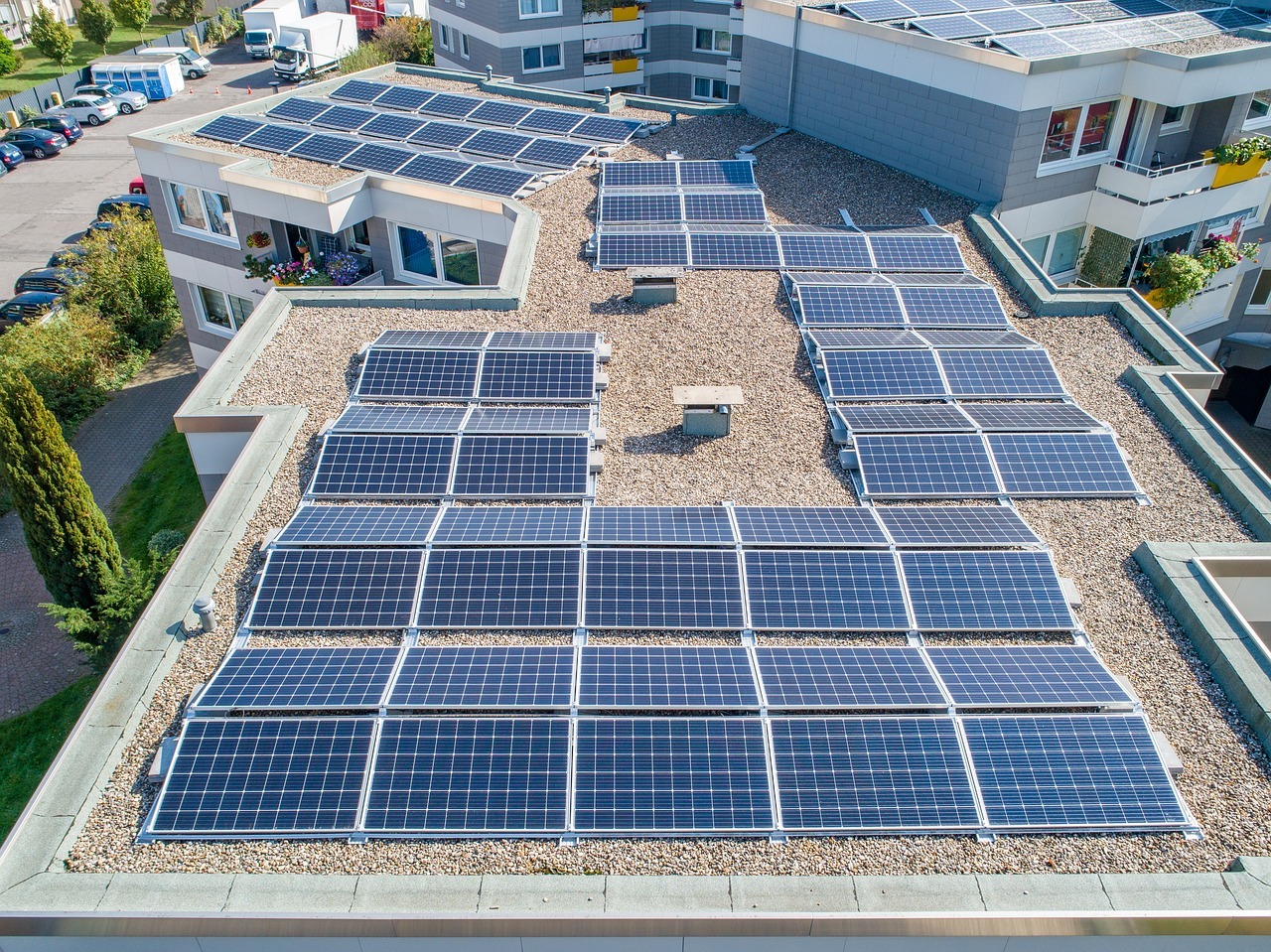Top GreenTech to Watch Out for in 2024

As the world continues to grapple with the challenges of climate change, technological innovation plays a crucial role in driving sustainability. Green technology (GreenTech) encompasses a range of advancements aimed at reducing environmental impact and promoting energy efficiency. Here are some of the top GreenTech trends to watch out for in 2024.
1. Solar Energy Advancements
High-Efficiency Solar Panels: Solar technology is continuously evolving, with new high-efficiency solar panels making it possible to generate more electricity from the same amount of sunlight. These panels utilize advanced materials and designs to achieve greater efficiency, reducing the cost per watt and making solar power more accessible and affordable.
Building-Integrated Photovoltaics (BIPV): BIPV systems integrate solar panels directly into building materials, such as roof tiles, facades, and windows. This technology not only generates electricity but also enhances the aesthetics and functionality of buildings, making renewable energy an integral part of architectural design.
2. Wind Energy Innovations
Offshore Wind Farms: Offshore wind energy is gaining momentum as a reliable and powerful source of renewable energy. Advances in turbine design, installation techniques, and floating platforms are making offshore wind farms more viable, even in deeper waters. These projects can generate significant amounts of energy while minimizing land use and visual impact.
Vertical-Axis Wind Turbines (VAWTs): Unlike traditional horizontal-axis turbines, VAWTs have a vertical design that allows them to capture wind from any direction. This makes them suitable for urban environments and areas with variable wind patterns, offering a flexible and efficient alternative for wind energy generation.
3. Electric and Hydrogen Fuel Cell Vehicles
Next-Generation Electric Vehicles (EVs): The electric vehicle market continues to expand, with new models offering longer ranges, faster charging times, and improved performance. Advances in battery technology, such as solid-state batteries, are set to revolutionize the EV industry by providing safer, more efficient, and longer-lasting energy storage solutions.
Hydrogen Fuel Cell Vehicles: Hydrogen fuel cell technology is emerging as a promising alternative to traditional internal combustion engines. These vehicles generate electricity through a chemical reaction between hydrogen and oxygen, producing only water vapor as a byproduct. This technology offers the potential for zero-emission transportation with fast refueling times and long driving ranges.
4. Vertical Farming and Urban Agriculture
Vertical Farms: Vertical farming utilizes stacked layers to grow crops in a controlled environment, making it possible to produce food in urban areas with limited space. This technology reduces the need for transportation, minimizes water usage, and eliminates the need for pesticides, providing a sustainable solution to food production in densely populated cities.
Aquaponics and Hydroponics: These innovative farming techniques combine aquaculture and hydroponics to create a closed-loop system that conserves water and maximizes space efficiency. By integrating fish farming with plant cultivation, aquaponics and hydroponics can produce high yields of fresh produce and protein with minimal environmental impact.
5. Energy Storage Solutions
Grid-Scale Battery Storage: As renewable energy sources like solar and wind become more prevalent, effective energy storage solutions are essential to balance supply and demand. Grid-scale battery storage systems can store excess energy generated during peak production times and release it when demand is high, ensuring a stable and reliable power supply.
Hydrogen Storage: Hydrogen can be stored and used as a flexible energy carrier, providing a means to store excess renewable energy for later use. Advances in hydrogen storage technology are making it more efficient and cost-effective, offering a promising solution for long-term energy storage and distribution.
The GreenTech innovations emerging in 2024 are set to transform the way we produce, store, and consume energy. By embracing these technologies, we can reduce our environmental footprint, promote sustainability, and pave the way for a greener future. As these advancements continue to develop, they hold the potential to revolutionize industries, improve quality of life, and ensure a sustainable planet for future generations.







